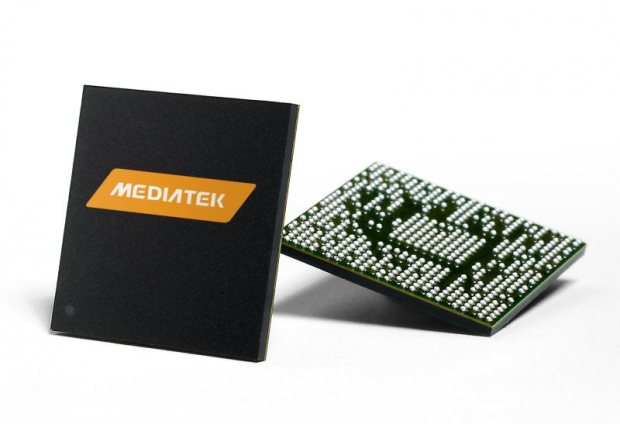The MediaTek chip will be used in Sony’s first Android TV, slated to launch this spring. Sony will not be alone, as Philips and Sharp also intend to launch Android TVs at about the same time. We cannot confirm whether they will use MediaTek silicon as well. Although the TV makers are not saying much about their launch plans, MediaTek says the first Android TVs powered by its chips should be available by March 2015.
As for the Sony model, it will incorporate Sony’s own image quality algorithm, Google Play support, voice search, Google Cast and other technologies. It will ship with Android 5.0 Lollipop.
Ching-Jiang Hsieh, President of MediaTek, said the new Sony Android TV will set the standard for future smart televisions.
“This is a momentous occasion for MediaTek to be changing the way people watch TV with our strong partner, Sony," said Hsieh.
The MT5595 SoC itself is a big.LITTLE design, but it’s not an octa-core – it packs two Cortex-A17 and two Cortex-A7 cores. The clocks were not disclosed and neither was the rest of the platform, i.e. amount of RAM, storage, connectivity and other specs. It should be noted that MediaTek is not new to the smart TV space, as the company already has a line of SoCs designed for the living room. However, the Android TV deal is its biggest coup in this market segment to date.
Of course, since it is designed with smart television sets in mind, the new SoC has some impressive graphics capabilities, although the full spec is not available just yet. We do not know what sort of GPU is inside, but MediaTek pointed out that the MT5595 is the world’s first TV SoC to support Google VP and HEVC codecs designed for 4K2K content and 60FPS. The chip can decode four 2K resolution streams in HEVC or H.264 simultaneously.
MediaTek is also touting its proprietary ClearMotion technology as a way of smoothing or up-converting video content in lower frame rates. The chip also supports worldwide broadcasting standards, including ATSC/DTMB/DVB/ISBD, as well as HbbTV broadband and Ginga, MHEG and MHEP middleware.




